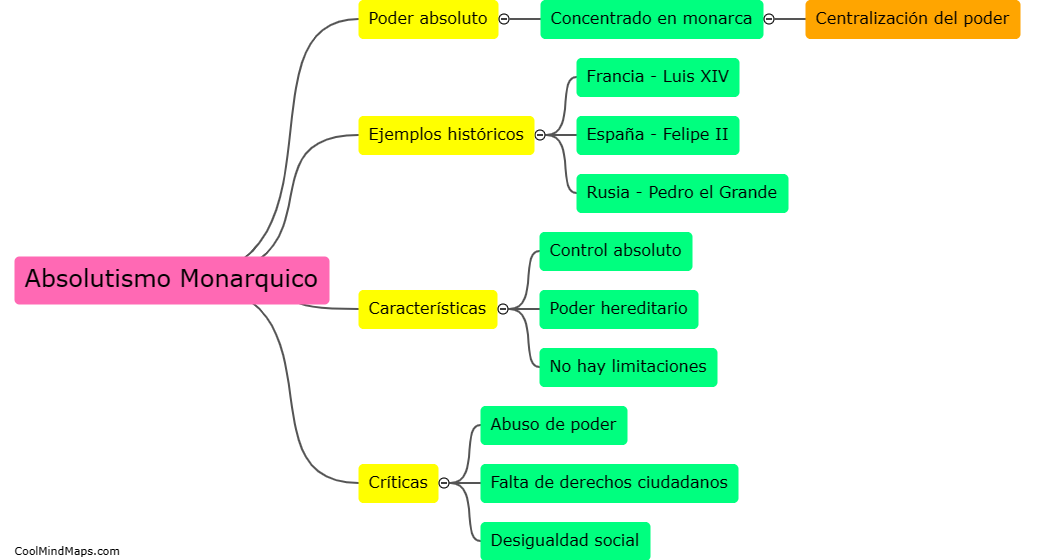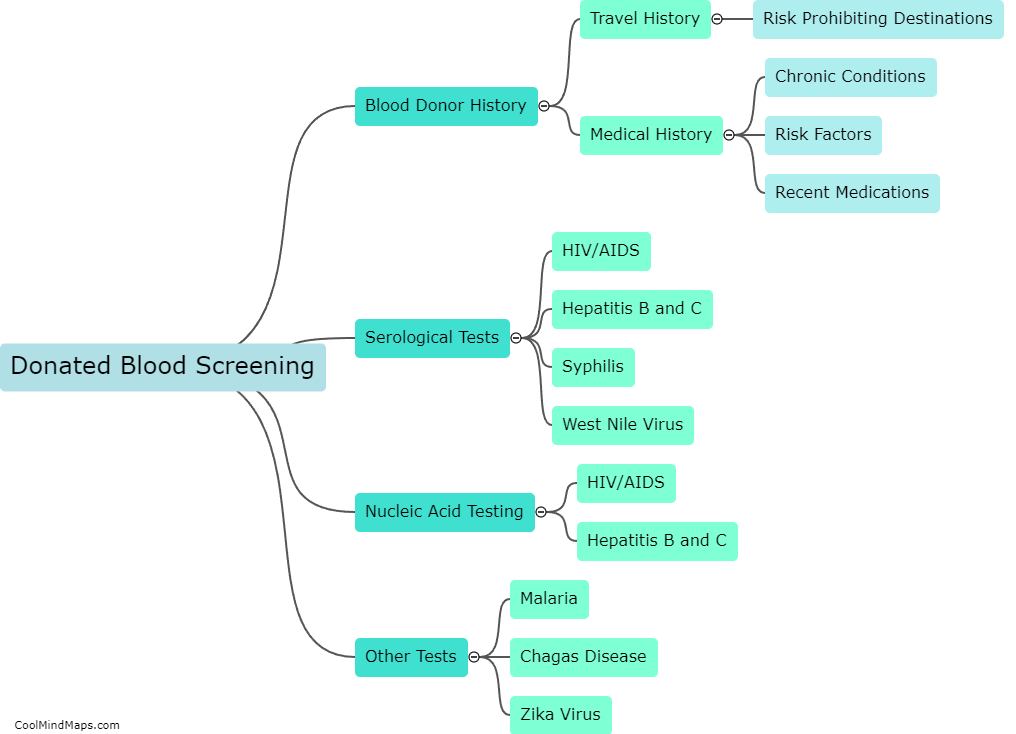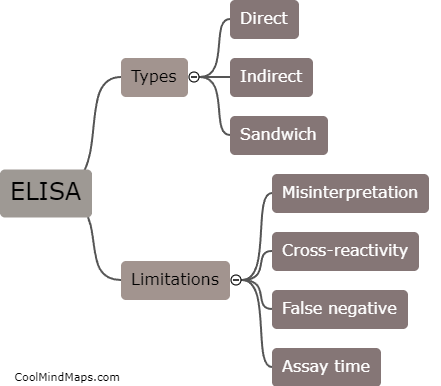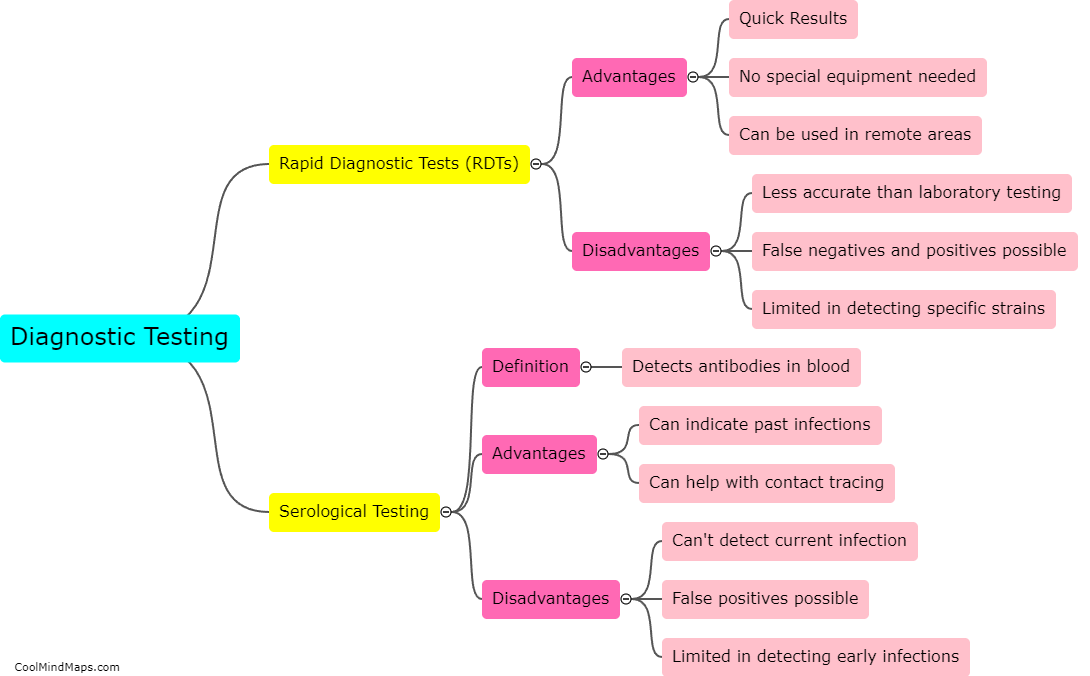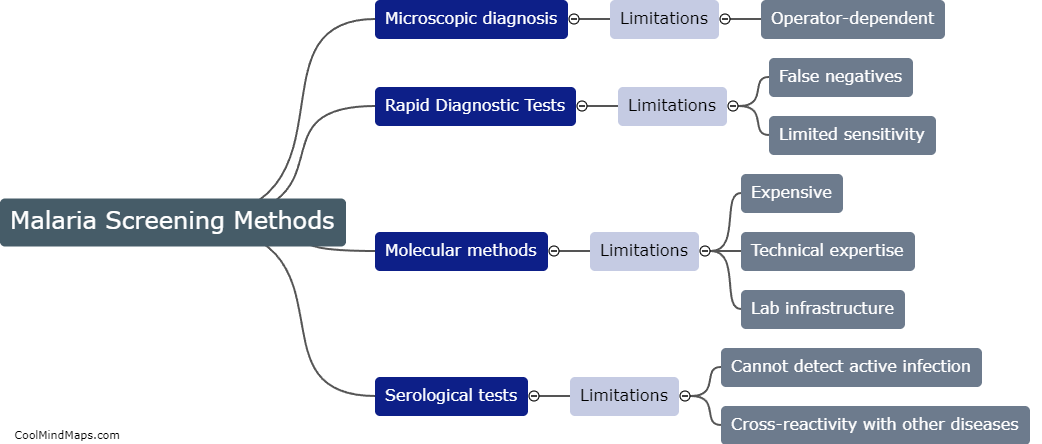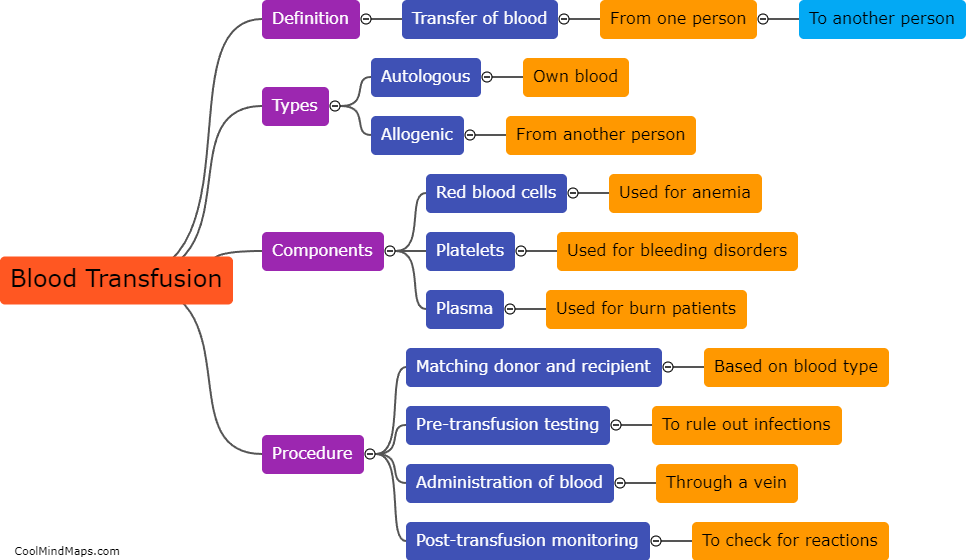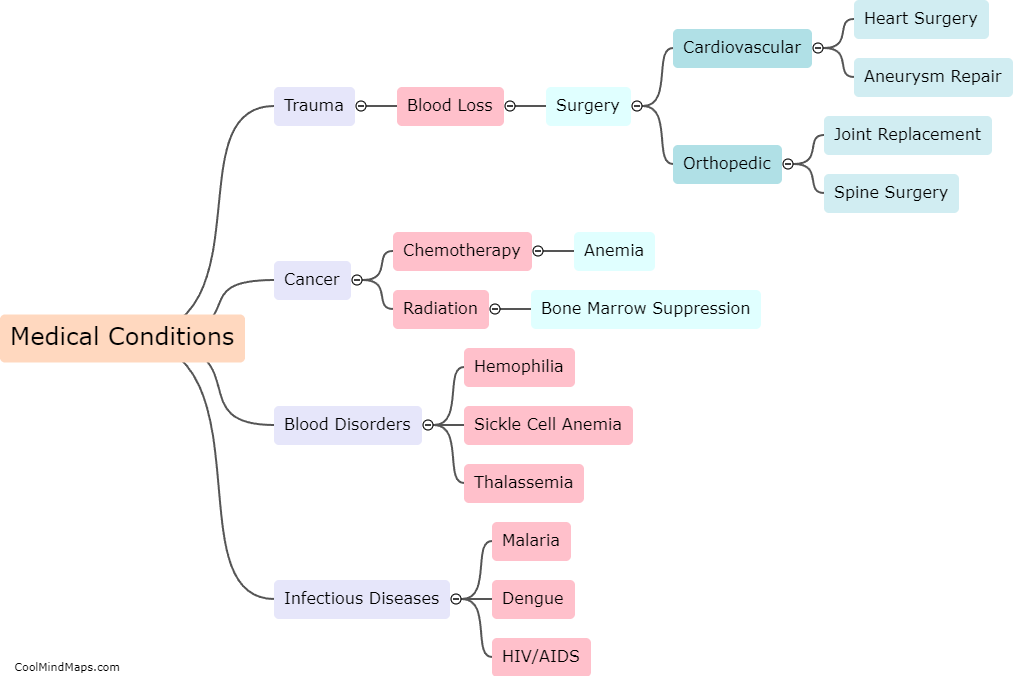Types of blood transfusion and their uses?
Blood transfusion refers to the process of transferring blood from one person to another. There are several types of blood transfusion, namely autologous, allogeneic, homologous, and emergency. Autologous transfusion involves collecting and storing a patient's own blood before surgery, which is later transfused back into the patient during the surgery. Allogeneic transfusion refers to the transfusion of blood from a compatible donor. Homologous transfusion is the transfusion of blood from a family member or relative, while emergency transfusion is done when a patient needs immediate blood transfusion due to severe blood loss or other medical emergencies. The types of blood transfusion used largely depend on the patient's medical condition and the urgency of the situation.
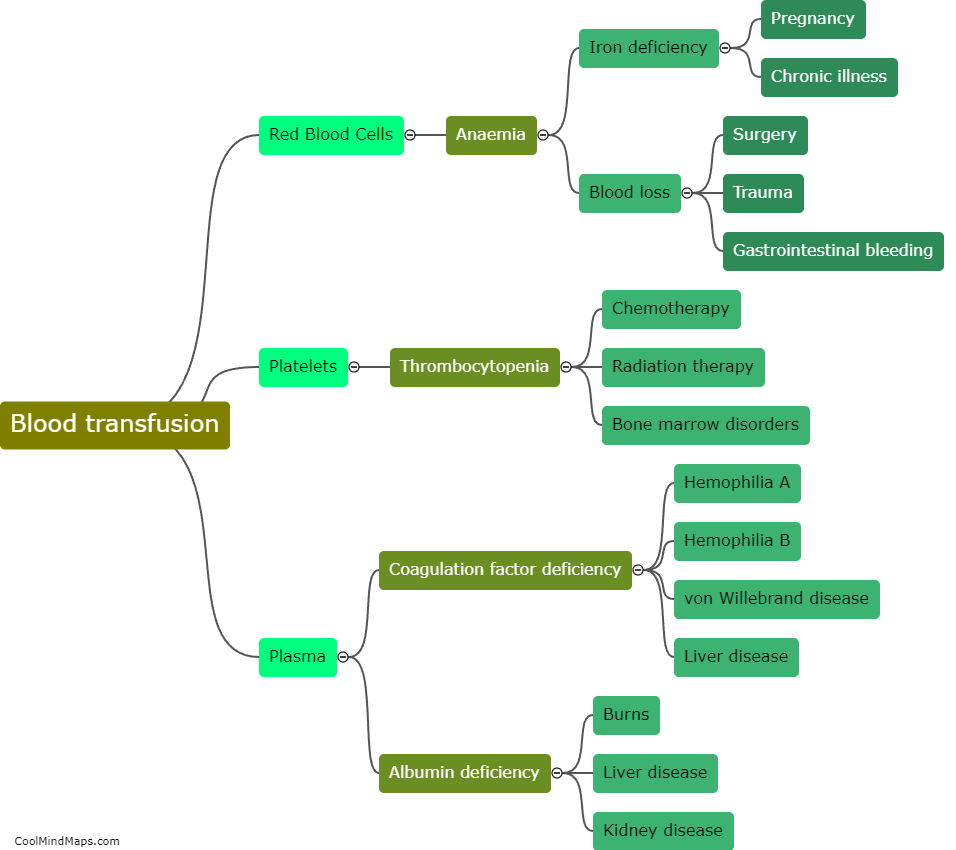
This mind map was published on 25 June 2023 and has been viewed 117 times.

